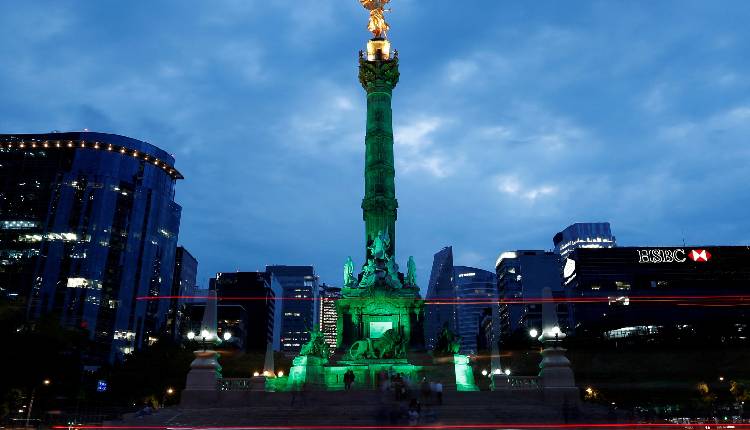Energy Absolute, a Thai electric bus operator, announced on Monday the sale of its first carbon offsets to KliK Foundation, a Swiss fossil fuel group, according to Reuters.
This sale, made possible by a new system established by the Paris Agreement, marks a significant step in implementing the eight-year-old United Nations climate accord.
Under the 2015 Paris Agreement, governments and companies can offset some of their greenhouse gas emissions by funding measures to reduce climate pollutants in other locations. They package these offsets as credits, with each credit representing the reduction of one tonne of carbon dioxide (CO2) emissions.
The KliK Foundation in Switzerland, which represents fuel importers, announced on Monday that it had bought its first batch of 1,916 carbon credits from Energy Absolute in Thailand in December.
Energy Absolute is creating these credits by introducing up to 4,000 electric buses in Bangkok instead of gasoline-powered vehicles. Chatrapon Sripratum, an executive at Energy Absolute who is managing the project, stated that each credit sold for over $30 but did not disclose the total value of the transaction.
It took years for climate negotiators to establish the guidelines for offsets. Even now, they continue to fine-tune the details at the annual U.N. climate negotiations, the latest of which was COP28 in Dubai.
However, some environmentalists argue against carbon offsets. They believe these offsets permit ongoing pollution, whereas the emphasis should be on completely eliminating it.
